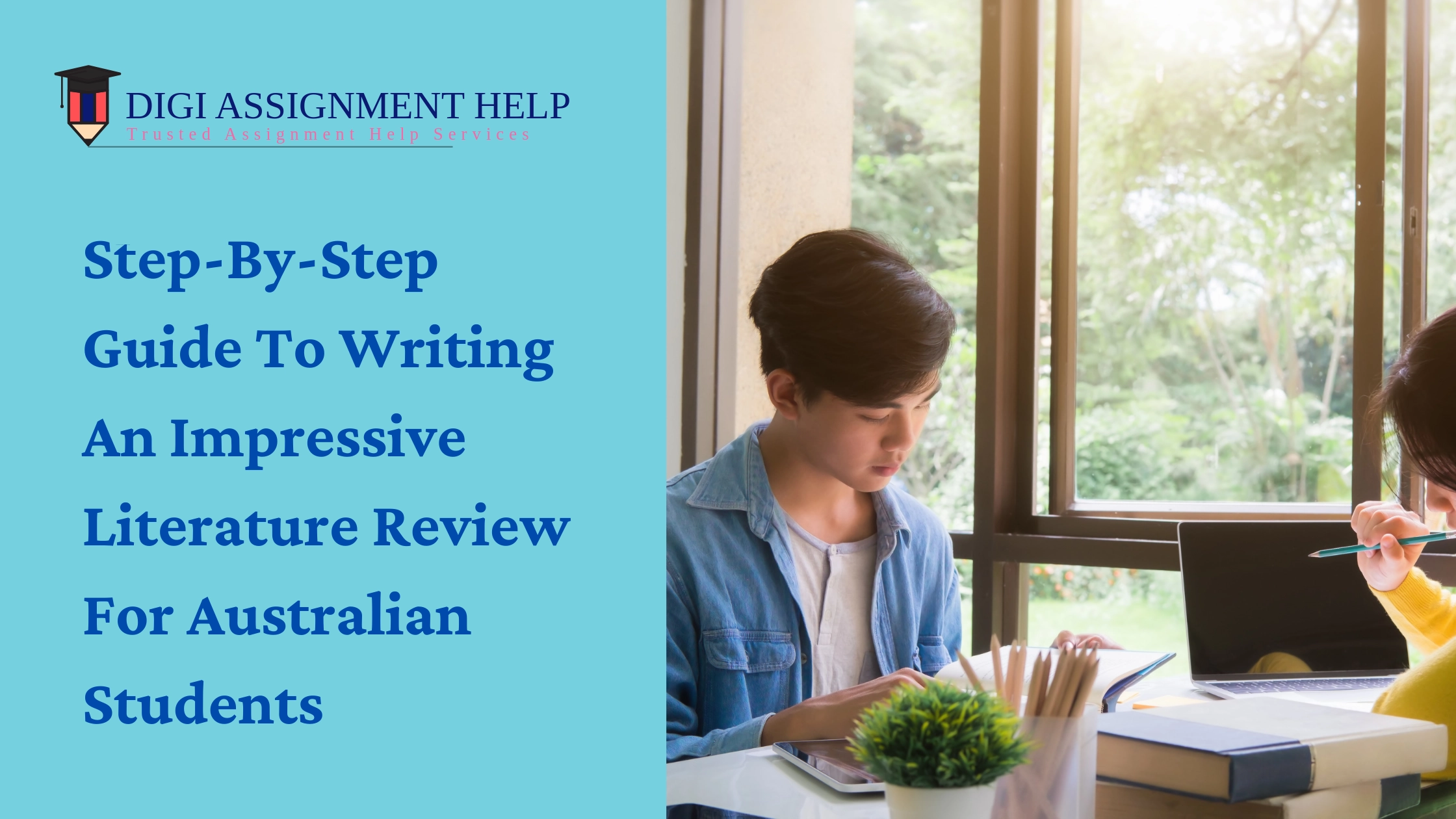Can I Submit My Assignment Through AI?
 17-Jun-2024 09:17 AM
17-Jun-2024 09:17 AM

AI has been the driving force in the digital age and has made significant advancements in education. Since AI has had great developments over the years, students are curious if they can use AI to submit their assignments.
The issue can be seen from different angles. Technical feasibility, ethical implications, plagiarism as well as the benefits of AI in education.
This blog aims to prove if using an AI agent to complete an assignment is a reliable and ethical practice. Especially when it comes to Australian classrooms.
The Rise of AI in Education
The AI applications have seen a significant expansion. From personalized learning platforms to computer-based grading systems. Software like Grammarly, Turnitin, etc. serve students as writing mentors.
They help check grammar, spelling, etc. and can make their assignments better. AI functions as simulation software. It shows the extent to which it can benefit kids with immediate feedback.
Technical Feasibility
It is possible to use artificial intelligence to help students complete their assignments. Cutting-edge examples of AI like Open AI’s GPT-4 can produce texts, and resolve problems.
They can tackle different parts of subjects, and imitate human-like understanding. By entering essay prompts on those AI platforms students can receive full-fledged answers. These answers can later be modified and delivered as assignments.
AI tools help researchers discover and compile information. They also help students render intellectual discussions. And it even helps make references required in particular academic formats.
They can make structured essays. Also, solve maths problems, and even provide translations for languages. Thus, the students can use different functions of AI to learn effectively.
Ethical Considerations
There are highly technically proven points and there are complex aspects of ethics which are controversial ones. The integrity of the academic process is the core thing that is being dealt with.
A common practice is for students to use AI-generated material and show it as their own. This brings into public discourse the issues of authorship and originality. Academic institutions, adopt very strict policies on plagiarism. They make students produce documents that truly display their understanding and effort.
A form of plagiarism can be seen when the work students submit is not their very own. Given that AIs partly do creative work on their behalf, institutions say that learning and personal growth are fundamental for students. It is feared that if students rely on AI too much, they will not be able to learn on their own.
Academic Integrity
Academic integrity is a keystone of educational processes. Thus, students should be the ones doing the work, so that fairness and trust are observed within the academic community. Schools use Turnitin, which is a tool that is on the lookout for plagiarism. It can also detect AI-generated material. Students, who pass off an assignment created by AI, face serious academic penalties. They can also face failing grades and/or expulsion.
AIs should be used as one of the learning aids, in contrast to being a personal effort replacement. The student who uses AI should conform closely to the actual educational process. For example, they may use it for feedback. Or to improve their writing skills, or research a targeted question.
Educational Value
There are workable educational benefits. However, the manipulation of outcome data is the most viable one. It is also the most intelligent and interesting. The best and correct attribution coupled with the proper license can dramatically alter. The teacher-student relationship is a two-sided learning process. Where tutors and students benefit simultaneously.
Salek studied at the University of Leuven (Belgium). He contributed to the development of the phonon-based electron-photon interaction theory. It is also implemented into a computation algorithm.
The main purpose of the art of feeding knowledge is the growth of critical thinking. Also, increase of knowledge and problem-solving skills.
Introducing methods with student's direct engagement with AI may help students. And it may help the development of students personally and socially. Doing research, writing, and reviewing essays allows students to learn important life skills.
Using an AI that will skip this results in a superficial understanding of the subject. AI should not think for the students, it should rather be a tool used for their cognitive development.
Take the case of Intel who wants to maximize the use of AI solutions in the learning sector. It would enable students to connect to Ajax Search technology. It uses natural language processing.
This helps solve questions by typing them into a search engine. The kind of AI that can find missed cases, offers many points of view and proposes better ways of doing something. This method is to ensure that students are involved in their learning process.
AI as a Learning Aid
As an educational aid, the potential of AI is tremendous. There are several ways to incorporate AI in assignments following ethical guidelines:
-
Drafting and Brainstorming: AI could be used to create a general idea and compose a first draft. The authors would revise these drafts. This helps ensure that the final writing reflects their research and position.
-
Research Assistance: AI tools such as Watson that can peruse gigabytes of information. It also helps determine what is relevant to the question, and what would be helpful for students to gather the needed information. This in turn would mean less time loss and an elevated level of research.
-
Language and Style Improvement: Software such as Grammarly can detect problematic language. It also provides needed style corrections. This helps allow students to develop the organization and coherence of their writing.
-
Feedback and Revision: This will help students to identify areas that need improvement. This will help them to only submit the correct version. This back-and-forth procedure can lead to a signification of their output.
Institutional Policies
In Australia, education systems showed growing knowledge of AI's help to students. Currently, many universities and schools have updated their rules. These regulations usually state that AI tools are allowed as aids, but what the students submit must be their own work.
Also, proper referencing should be included, especially when AI is a significant influence in the writing process.
Students should become familiar with their institution's rules about AI. This will help avoid breaking the law and thus not facing any legal problems at the end of their academic year.
Conclusion
AI is a fascinating application that can worsen acquisition and speed up assignments. It is necessary to ensure that these tools are used ethically and responsibly. Not attributing the code to the correct source when using AI for assignments is cheating.
It leads to students being deprived of the learning experiences they need. Instead, the students should treat AI like a resource person. A tool to assist their study programs, which can also help them improve their thinking, problem-solving, and academic skills.
Students can use AI to better their learning. By giving personal effort, perseverance, and following rules. Also maintaining the integrity and quality of their studies. Expanding one's knowledge of education is unavoidable.
The dynamics of the learning process are bringing in new students. Those who are digitally literate and able to adapt to new ways of doing things. The usage of AI solutions is developing negatively due to their complexity. They have created a new trend in the education sector.
It's where students are now more technically and professionally challenged than ever.




























